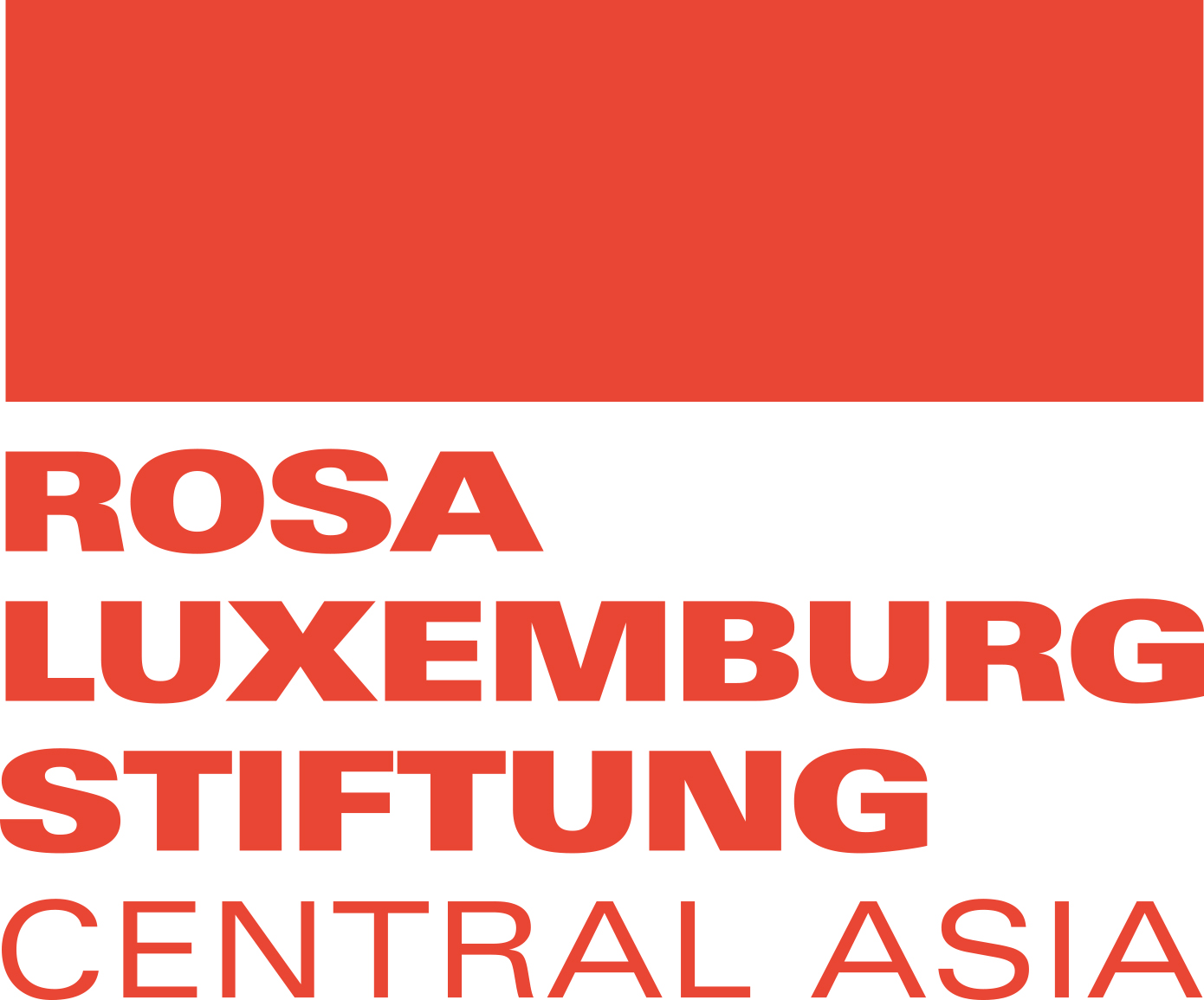March - June 2023
"The Problem of Climate Migration in Central Asia": publication and presentation of conference proceedings
Uzbekistan
University of World Economy and Diplomacy (UWED)
University of World Economy and Diplomacy (UWED)

The present project is a continuation of a previous project of the University of World Economy and Diplomacy (UWED) on "The Problem of Climate Migration in Central Asia: Challenges and Solutions", which was implemented with the financial support of the RLS CA in 2022. In the framework of the first project, UWED together with the RLS Almaty Office organised an international scientific-practical conference of the same name in Tashkent on 19 October 2022.
Under the second project in 2023, the proceedings of the above conference were compiled, translated into English and published as a compendium (separately in Russian and English). On 6 June 2023, UWED organised a presentation of the proceedings to the expert community of Uzbekistan. The presentation was attended by teachers, scientists and leading experts in the field of climate change and mitigation from Uzbekistan.
The relevance of this book is determined by the fact that climate change in Central Asia poses a serious challenge to the long-term economic development and social stability of the countries of the region. The combined impact of some natural and anthropogenic factors will give impetus to further dramatic changes in the usual climatic landscape in the form of rising air temperatures, soil salinisation and desertification, increased frequency of dust storms, shallowing of rivers, degradation of forest lands and traditional irrigation. All this may directly affect large populations living in climate-sensitive areas of Central Asia, causing migration processes within their countries of residence, within Central Asia itself and beyond.
The book published within the framework of the project can be considered a first step towards a broader academic and practical discussion of climate migration in the Central Asian region, with the aim of developing scenarios and measures for a comprehensive response to the challenges of climate migration, with a special emphasis on addressing social problems.
The book is intended for political scientists, international scientists, experts and practitioners engaged in the study of climate change and forced migration, as well as teachers and students of higher educational institutions.
Under the second project in 2023, the proceedings of the above conference were compiled, translated into English and published as a compendium (separately in Russian and English). On 6 June 2023, UWED organised a presentation of the proceedings to the expert community of Uzbekistan. The presentation was attended by teachers, scientists and leading experts in the field of climate change and mitigation from Uzbekistan.
The relevance of this book is determined by the fact that climate change in Central Asia poses a serious challenge to the long-term economic development and social stability of the countries of the region. The combined impact of some natural and anthropogenic factors will give impetus to further dramatic changes in the usual climatic landscape in the form of rising air temperatures, soil salinisation and desertification, increased frequency of dust storms, shallowing of rivers, degradation of forest lands and traditional irrigation. All this may directly affect large populations living in climate-sensitive areas of Central Asia, causing migration processes within their countries of residence, within Central Asia itself and beyond.
The book published within the framework of the project can be considered a first step towards a broader academic and practical discussion of climate migration in the Central Asian region, with the aim of developing scenarios and measures for a comprehensive response to the challenges of climate migration, with a special emphasis on addressing social problems.
The book is intended for political scientists, international scientists, experts and practitioners engaged in the study of climate change and forced migration, as well as teachers and students of higher educational institutions.
The project is implemented by the University of World Economy and Diplomacy with the financial support of the RLS Representative Office in Central Asia.





